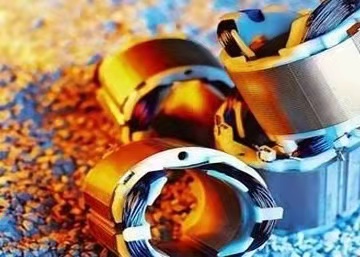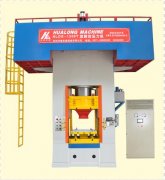Non-ferrous metal forging is developing rapidly in various countries, and the number of cast alloy parts is increasing year by year, especially the development and application of aluminum and magnesium alloy casting are very extensive. In recent years, the demand for metal materials in the automotive industry, home appliance industry, and medical industry has increased year by year, and the development of non-ferrous metal casting industry has also risen. High-precision and high-efficiency servo-controlled hot forging presses are undoubtedly necessary equipment for production. So, what should the forging industry pay attention to when grasping this hot market?

Since these emerging industries have high requirements for the precision, density and shape of forgings, the old-fashioned presses often fail to achieve the required precision. Therefore, the machine should be upgraded and forged with a servo-controlled hot forging press, thereby reducing unnecessary cost waste. .
The backwardness of some factories and equipment leads to the production of a large amount of waste water, dust and waste in the production process, which seriously damages the resources and environment. Therefore, relevant forging enterprises should upgrade their production machinery and equipment to use servo-controlled hot forging machines, build automated production lines, and reduce environmental pollution.

The shortage of personnel in the forging industry affects the innovation and long-term development of the industry, so we should pay attention to the training of talents in the industry, retain talents, and ensure the long-term development of the industry.
Therefore, the production equipment should be upgraded, and the servo-controlled hot forging presses and presses should be used, so that the non-ferrous metal forging industry should speed up the road of large-scale, group-based, and in-depth product processing, introduce high-tech, and comprehensively improve the technical level and products of traditional industries. Grade, and strive to expand exports, to participate in international competition with low-cost, high value-added products.